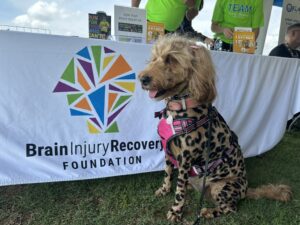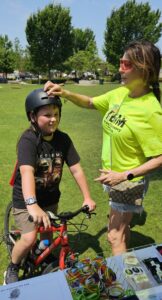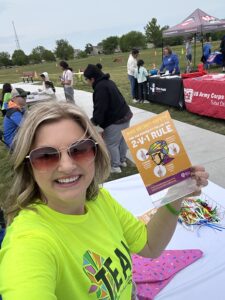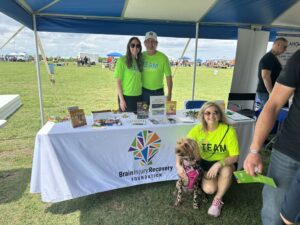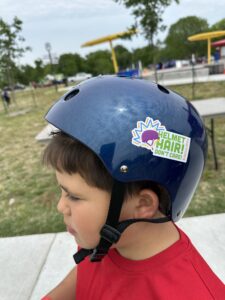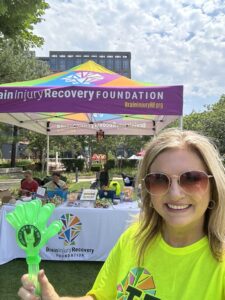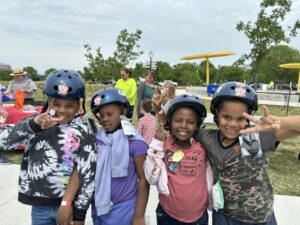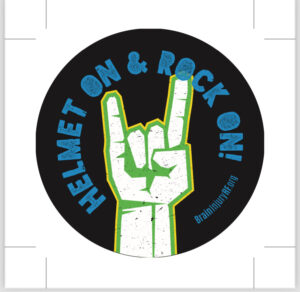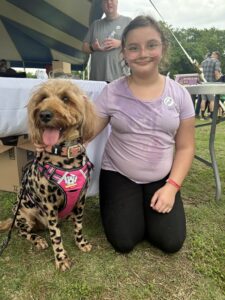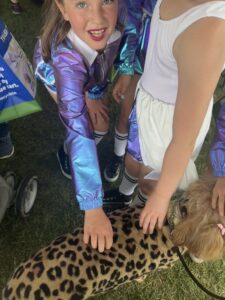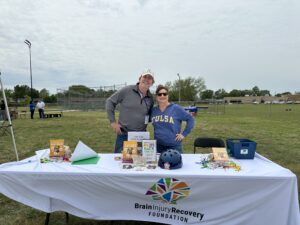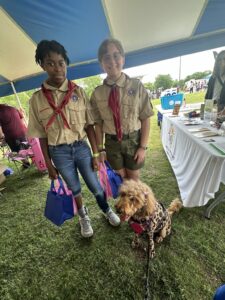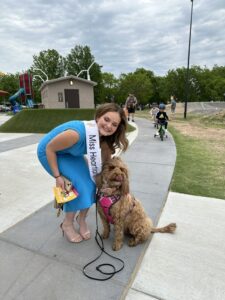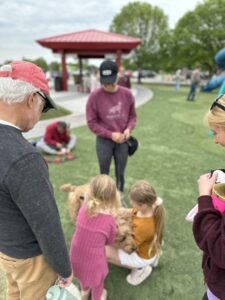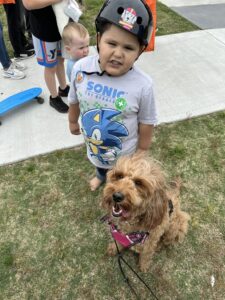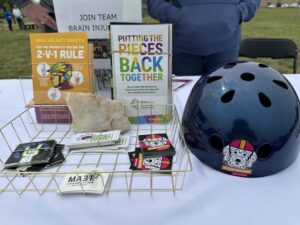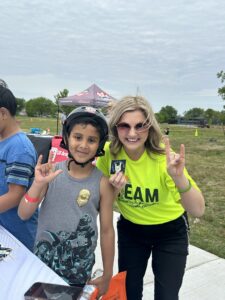Concussion Tips
WHAT IS A CONCUSSION? A concussion is a brain injury. Concussions are caused by a bump or blow to the head. Even a “ding,” “getting your bell rung,“ or what seems to be a mild bump or blow to the head can be serious. You can’t see a concussion. Signs and symptoms of concussion can show up right after the injury or may not appear or be noticed until days or weeks after the injury. If your child reports any symptoms of concussion, or if you notice the symptoms yourself, seek medical attention right away.
WHAT ARE THE SIGNS AND SYMPTOMS OF A CONCUSSION? Signs Observed by Parents or Guardians If your child has experienced a bump or blow to the head during a game or practice, look for any of the following signs and symptoms of a concussion:
• Appears dazed or stunned
Is confused about assignment or position
• Forgets an instruction
• Is unsure of game, score, or opponent
• Moves clumsily
• Answers questions slowly
• Loses consciousness (even briefly)
• Shows behavior or personality changes
• Can’t recall events prior to hit or fall
• Can’t recall events after hit or fall
Symptoms Reported by Athlete
• Headache or “pressure” in head
• Nausea or vomiting
• Balance problems or dizziness
• Double or blurry vision
• Sensitivity to light
• Sensitivity to noise
• Feeling sluggish, hazy, foggy, or groggy
• Concentration or memory problems
• Confusion
• Does not “feel right”
HOW CAN YOU HELP YOUR CHILD PREVENT A CONCUSSION? Every sport is different, but there are steps your children can take to protect themselves from injuries, such as concussion.
• Ensure that they follow their coach’s rules for safety and the rules of the sport.
• Encourage them to practice good sportsmanship at all times.
• Make sure they wear the right protective equipment for their activity (such as helmets, padding, shin guards, and eye and mouth guards). Protective equipment should fit properly, be well maintained, and be worn consistently and correctly. • Learn the signs and symptoms of a concussion.
WHAT SHOULD YOU DO IF YOU THINK YOUR CHILD HAS A CONCUSSION?
1. Seek medical attention right away. A health care professional will be able to decide how serious the concussion is and when it is safe for your child to return to sports.
2. Keep your child out of play. Concussions take time to heal. Don’t let your child return to play until a health care professional says it’s 0K. Children who return to play too soon – while the brain is still healing – risk a greater chance of having a second concussion. Repeat or later concussions can be very serious. They can cause permanent brain damage, affecting your child for a lifetime.
3. Tell your child’s coach about any recent concussion. Coaches should know if your child had a recent concussion. Your child’s coach may not know about a concussion your child received in another sport or activity unless you tell the coach.
Reference: https://www.cdc.gov/Concussion



